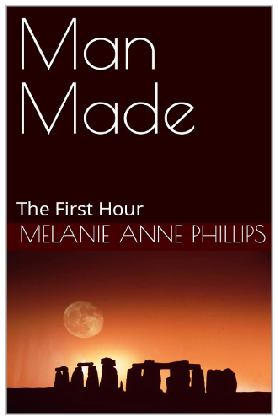|
Write Your Novel |
|
For Story Structure |
|
For Story Development |
|
|

|
|
~ Step 154 ~
Genre -
The end of act three is where your readers and your novel have grown so comfortable with each other that your story will reveal the fullness of its personality.
As with the people we meet in real life, it takes time to establish a level of trust that has grown from experience. Psychologists describe this as the moment of disclosure in which, in order to carry the relationship to a new level of connection, each party removes the mask of persona to reveal who they really are.
This process is not without risks, in people or in stories, for it may turn out that the truth about a person we have grown close to is not acceptable to our own interests or mores. It is this juncture at which a relationship either dissolves or moves to the next level.
How confident are you that the true nature of the story you wanted to tell is something your readers will accept, after coming this far? If you don’t have a lot of surety, perhaps you never want to crack the façade. But if you want to make your readers embrace your novel more as a family member than a friend, you’ll need to show them a side of your story at this point to carry them to that commitment.
Look back over all you have so far revealed about your story’s genre personality through acts one, two and the first two parts of act three. Then, list the genre elements you wish to present in the last part of the third act, either to remain friends with your readers or to become part of their family.